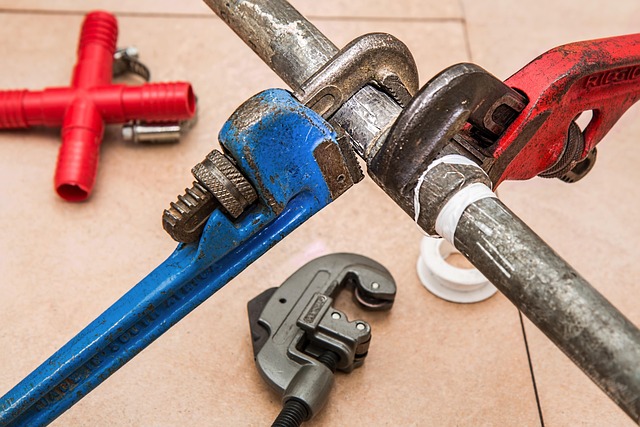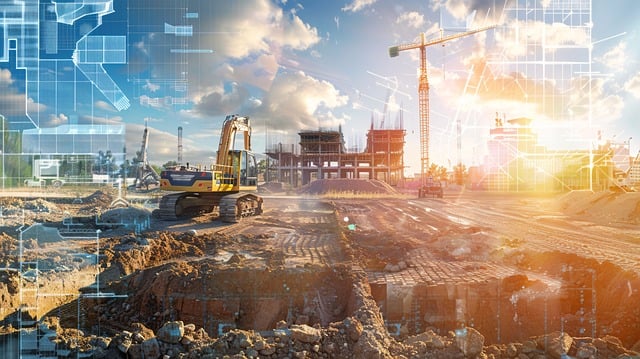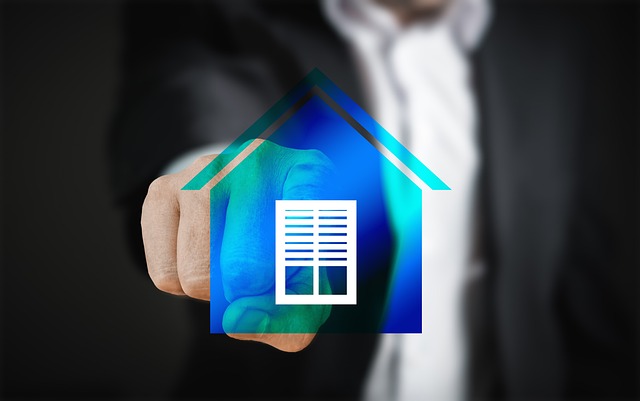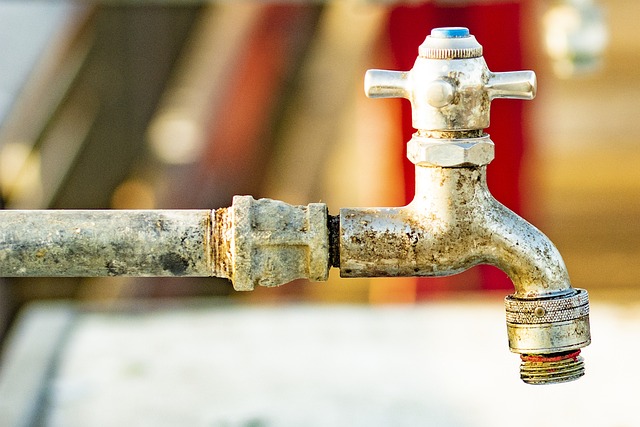The traditional plumbing sector is evolving towards eco-friendly solutions due to growing environmental concerns and demand for sustainability. Innovations in plumbing technologies focus on water conservation, energy efficiency, and renewable materials. Upgrading to efficient fixtures like high-efficiency toilets and low-flow showerheads, as well as adopting smart systems for remote water monitoring, can reduce water wastage and energy bills. Sustainable practices like greywater recycling and smart meters further contribute to environmental preservation. Adopting these green plumbing solutions benefits both finances and the environment, leading to long-term cost savings and sustainable urban development.
In an era of growing environmental awareness, the demand for eco-friendly plumbing solutions is on the rise. This article explores the urgent need for sustainable practices in the plumbing sector, highlighting innovative green plumbing technologies that offer both environmental and economic benefits. We delve into effective strategies for upgrading to energy-efficient fixtures and appliances, implementing sustainable water conservation techniques, and understanding the long-term impact of these changes, emphasizing the significant cost savings and reduced carbon footprint achievable through these forward-thinking plumbing technologies.
- The Rising Need for Eco-Friendly Plumbing Solutions
- Innovations in Green Plumbing Technologies
- Upgrading to Energy-Efficient Fixtures and Appliances
- Sustainable Water Conservation Strategies
- Long-Term Cost Savings and Environmental Impact
The Rising Need for Eco-Friendly Plumbing Solutions

In today’s world, where environmental concerns are at the forefront, there is a growing awareness and demand for sustainable practices across all industries, including plumbing. The traditional plumbing sector has long relied on resources that can have significant environmental impacts, such as water wastage and the use of toxic chemicals. As a result, there is a rising need for eco-friendly plumbing solutions and technologies that offer both efficiency and sustainability.
Homeowners, businesses, and governments are increasingly recognizing the importance of reducing their carbon footprint, preserving natural resources, and minimizing pollution. This shift in mindset has led to innovations in plumbing technologies, focusing on water conservation, energy efficiency, and the use of renewable materials. By adopting these eco-friendly solutions, we can contribute to a greener future while also enjoying long-term cost savings and improved plumbing systems.
Innovations in Green Plumbing Technologies

The realm of plumbing technologies has witnessed a remarkable metamorphosis, with innovations that not only enhance efficiency but also significantly reduce environmental impact. Green plumbing solutions have emerged as a crucial aspect of sustainable living, focusing on water conservation and eco-friendly materials. One notable advancement is the development of low-flow fixtures and appliances, which help minimise water wastage without compromising functionality. These technologies include high-efficiency toilets, aerator faucets, and pressure-reducing valves that deliver the right amount of water with minimal energy usage.
Additionally, smart plumbing systems have entered the market, offering remote monitoring and control capabilities. These intelligent solutions enable homeowners to track water usage patterns, detect leaks promptly, and optimise heating and cooling processes. The integration of renewable energy sources, such as solar panels, also contributes to eco-friendly plumbing by powering low-energy pumps and heat exchangers. These innovations underscore the ongoing commitment to creating a sustainable future, where plumbing technologies dance in harmony with environmental stewardship.
Upgrading to Energy-Efficient Fixtures and Appliances

Upgrading your plumbing fixtures and appliances to energy-efficient models is a significant step towards reducing water consumption and lowering energy bills. Modern plumbing technologies offer a range of eco-friendly options, from low-flow showerheads and faucets that minimize water usage without sacrificing performance, to smart toilets with dual flush settings and advanced flushing mechanisms. These upgrades not only contribute to environmental conservation but also provide long-term financial savings.
Additionally, integrating smart plumbing systems can further enhance efficiency. These systems use sensors and automated controls to manage water flow, ensuring that appliances like washing machines and dishwashers only operate when needed. By adopting these energy-efficient plumbing technologies, homeowners can significantly reduce their carbon footprint while enjoying the benefits of modern, convenient living.
Sustainable Water Conservation Strategies

Sustainable water conservation strategies are a crucial aspect of modern eco-friendly plumbing solutions. These approaches aim to minimize water waste and promote efficient usage, contributing significantly to environmental preservation. Plumbing technologies play a pivotal role in this regard, offering innovative ways to collect, reuse, and distribute water effectively. For instance, greywater recycling systems harness the residual water from sinks, showers, and laundry machines, treating it for non-potable uses like irrigation or toilet flushing.
Additionally, low-flow fixtures and smart water meters are integral parts of these conservation efforts. Low-flow showerheads and faucets reduce water consumption without compromising performance, while smart water meters provide real-time monitoring and data analysis, helping homeowners understand their usage patterns and identify areas for improvement. These plumbing technologies not only help conserve precious resources but also contribute to cost savings on utility bills.
Long-Term Cost Savings and Environmental Impact

Adopting eco-friendly plumbing solutions isn’t just a trend; it’s a strategic move that brings long-term benefits for both your wallet and the planet. These plumbing technologies, ranging from water-efficient fixtures to renewable energy-powered systems, significantly reduce utility bills over time. By minimizing water consumption and optimizing heating processes, homeowners can expect substantial savings on their monthly expenses. Moreover, the environmental impact is profound; less water usage means preserving this precious resource for future generations, while reduced energy consumption helps lower carbon footprints.
The benefits extend beyond individual households. On a broader scale, widespread adoption of such plumbing practices contributes to sustainable urban development. This shift can lead to more efficient use of resources in communities and cities, reducing the overall demand for energy and water infrastructure upgrades. In essence, embracing eco-friendly plumbing isn’t just a personal choice; it’s a step towards creating a greener and more resilient future.
